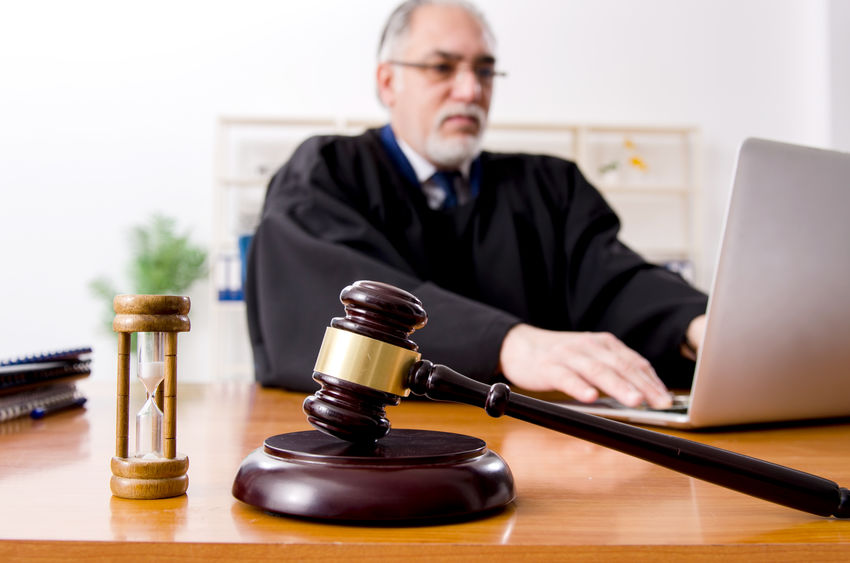Detention Hearings Are Held in Front of a US Magistrate Judge
Video Transcribed:
What goes on at a detention hearing in federal court? My name’s Ted Hasse. I’m a Federal Criminal Defense Attorney in Oklahoma at Wirth Law Office. Handle federal criminal matters here. Working out of our Tulsa office. Handle all federal criminal matters in the Northern District of Oklahoma and Eastern District of Oklahoma.
Wanted to talk briefly here about detention hearings. It’s kind of the first important step in the whole process. One of the first important decisions that are going to be made if you or your loved one is facing a federal criminal charge.
There’s going to be a determination at some point early on whether or not they’re going to be held before trial. Now, in the state system here, frequently you have to post a bond. Doesn’t work exactly that way in federal court.
You’re not going to have to go to a bail bondsman and post up money. The idea is that they don’t want people who should be eligible to be released pretrial to be held back because they can’t put up a bunch of money.
What will happen is after your initial appearance and arraignment, which I’ve talked about in another video, essentially, the defendant will meet with pretrial services, which are, at least in the Northern District, generally folks who are connected to U.S. Probation & Parole. They interview the defendant to gather the information that’s relevant to possibly any detention or detention hearing.
Detention hearings can often be scheduled very quickly. Sometimes the day of the arraignment, we can have the detention hearing. Other times, the next day. Other times, a little later in the week. But we can usually get the detention hearing going very quickly.
 Detention hearings are held in front of a US magistrate judge, which is not the primary judge that’s responsible for each defendant’s case. They’re sort of hired on to handle some of the low-level, more routine procedural matters.
Detention hearings are held in front of a US magistrate judge, which is not the primary judge that’s responsible for each defendant’s case. They’re sort of hired on to handle some of the low-level, more routine procedural matters.
In the Northern District, though, all the magistrates are really excellent, pay close attention, read motions, and are great at what they do, try to approach things fairly.
The detention hearing focuses … Let me take a step back. The first thing is the US Attorney’s office, the federal prosecutors will have to decide whether not they’re seeking detention. If they are seeking detention, then there’ll be a detention hearing set.
At the detention hearing, handled before a magistrate judge, what’s usually looked at is kind of two primary factors. One is the likelihood that if released on pretrial release, whether the defendant will show up and go through the rest of the process. So whether they’ll skip town. And then the other is a danger to the community.
There’s a number of factors within each of those that the magistrate judge will examine. It’s important that you have good representation for yourself at that step.
Too often I’m hearing about attorneys, sometimes attorneys who are assigned and not retained outside, too often waving the detention hearing, not even getting the shot in front of the judge, so saying, “Now we’re not going to have the detention hearing.” Rarely does it make sense to not at least get in front of a judge and argue for pretrial release?
Some cases are tougher than others. Sometimes there’s a presumption in certain cases, under certain charges for pretrial detention, which shifts the burden and it makes it so that the defense has to sort of make an initial showing. But still, that can be overcome. And even in those cases where there’s the so-called shifting of the presumption, oftentimes people can get out pretrial.
Every case is different, but usually, you’re going to end up with a much better result with retained outside counsel. Feel free to give us a call if you need a Federal Criminal Defense Attorney, or If you any have questions, call (918) 932-2800.



